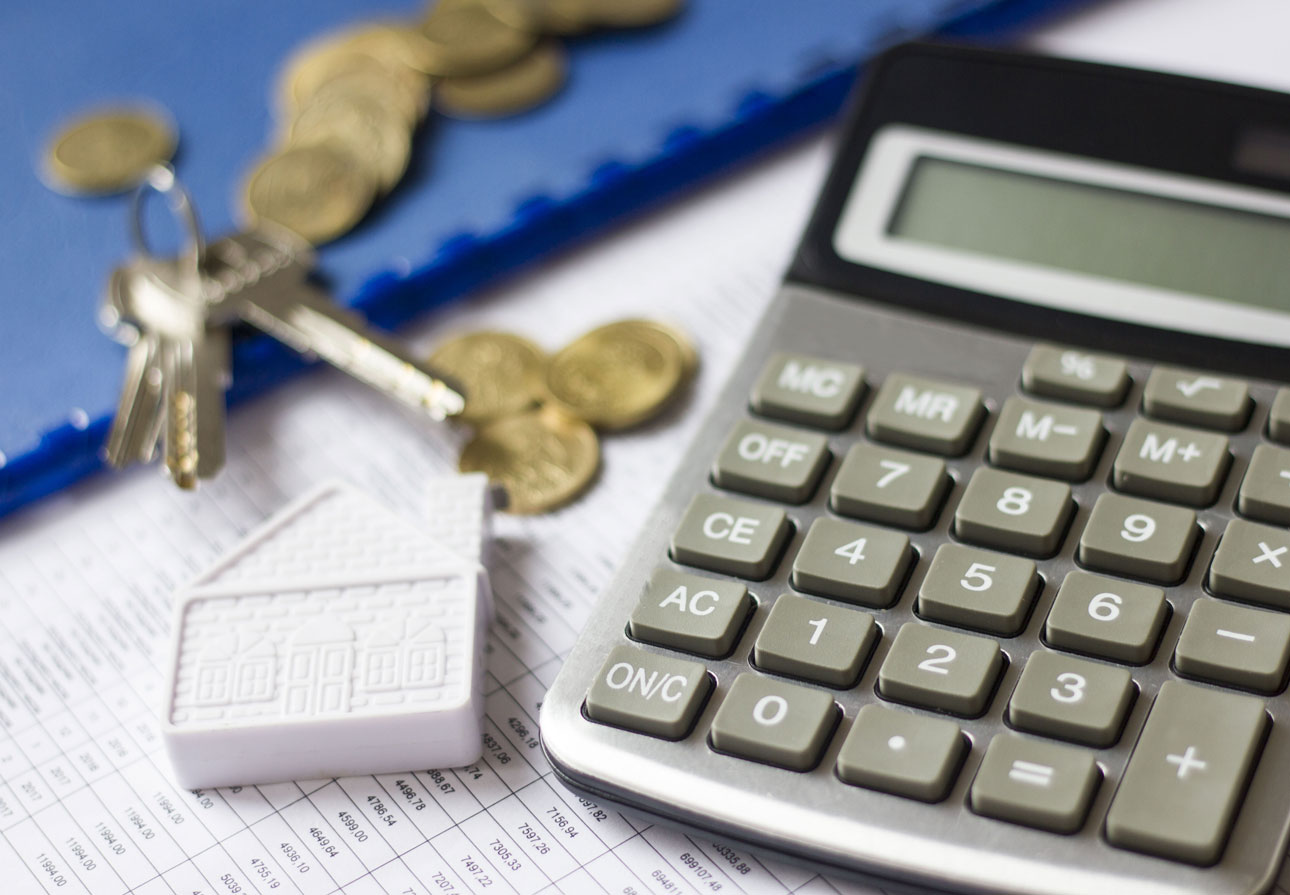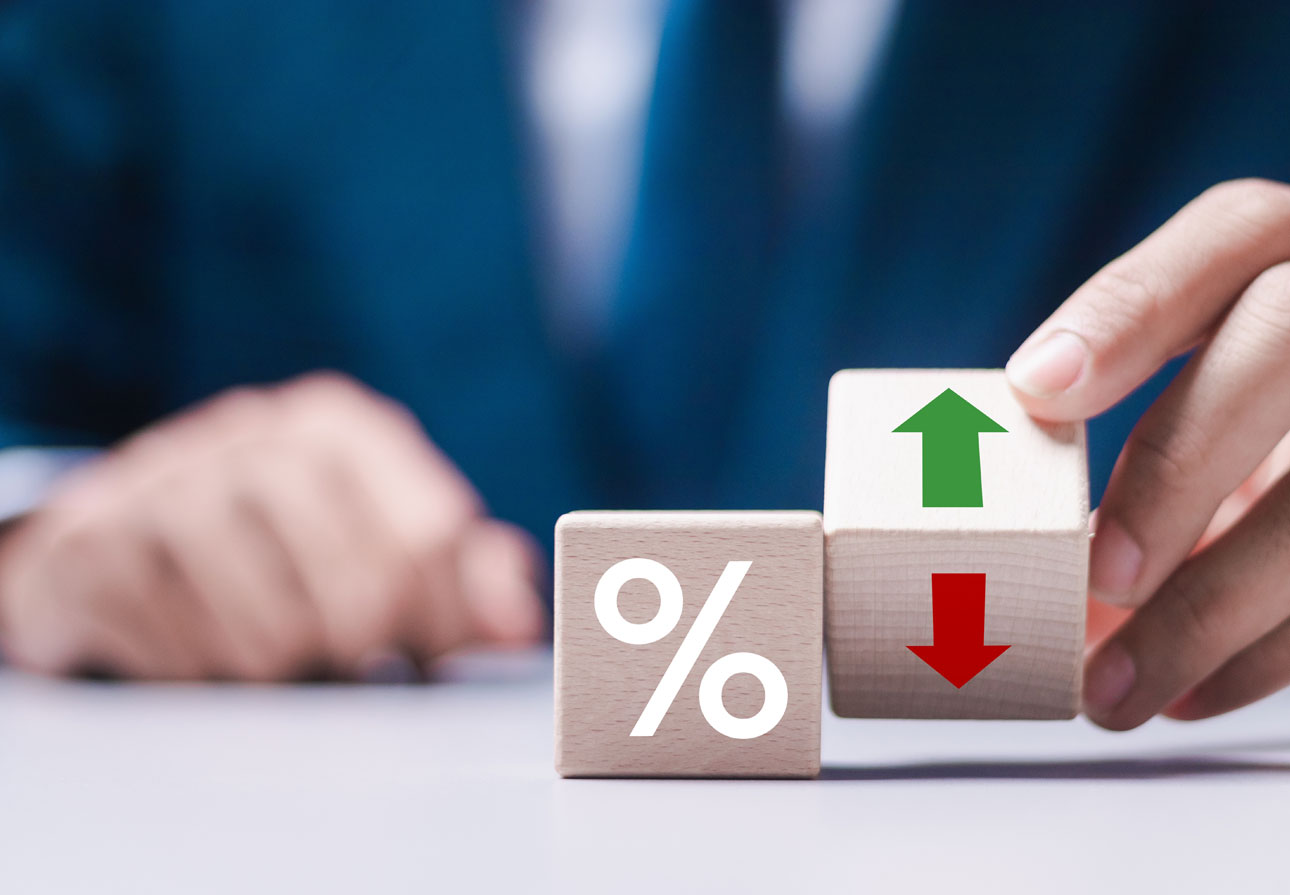
Will a HELOC Affect My Credit Score?
Are you a homeowner considering a Home Equity Line of Credit (HELOC) to finance a renovation, consolidate debt, or handle an unexpected expense? Before you move forward, it's important to understand how a HELOC might affect your credit score.
What is a HELOC?
A HELOC is a revolving line of credit that uses your home as collateral. Since HELOCs come with a lower interest rate compared to other loan types, borrowers can use them to consolidate higher-rate debt on other loans or use it to pay for larger expenses.
The amount you can borrow is based on the available equity in your home. Since it’s a line of credit, you can repay the outstanding balance and replenish the amount of credit you have available, just like a credit card. And interest is only owed on the amount you’ve taken out.
What is the Draw Period in HELOC?
The draw period is the period you’re allowed to advance against the credit line. Typically, draw periods last 10 to 20 years depending on the terms of borrowing. During this phase, you can withdraw money from your funds up to your credit limit. At the end of the draw period is the repayment period, where the total amount borrowed must be repaid.
What Determines a Credit Score?
Your credit score is determined by the three major credit bureaus: Equifax, Experian, and TransUnion. They collect and organize credit information into consumer credit reports. Based on those credit reports, companies like Fair Isaac Corporation (FICO) calculate credit scores.
What is a FICO Score?
A FICO score is a three-digit number that represents a person’s likelihood of repaying a debt. The higher the score, the less lending institutions will see the borrower as a risk. Scores are broken up into ranges:
- 800 – 850 – Exceptional
- 740 – 799 – Very Good
- 670 – 739 – Good
- 580 – 669 – Fair
- 300 – 579 – Poor
Factors That Affect Credit Scores
A FICO score can be broken down into five factors:
- Payment History: The biggest influence on your credit score is compiled from missed or late payments, bankruptcies, or collections. The latter two are the most severe and can stay on your credit report for at least seven years.
- Credit Utilization: Also expressed as amounts owed, this is the amount of your credit limits compared to how much of it you use. The less of your credit you use, the better. Financial institutions recommend a ratio of 30% or better.
- Length of Credit History: The amount of time you’ve had credit available to you. Without any history, lenders aren’t sure if you can handle repayments responsibly.
- New Credit: Every time you open a new credit account, it’s counted against your credit score. Avoid opening many accounts over a brief period of time.
- Credit Mix: The different types of loans and debts you have like personal loans, mortgages, and credit card accounts. Having a variety of types can benefit your credit score, but never open an account just for that purpose.
How Can a HELOC Affect My Credit Score?
The HELOC Application Process
Know that when you apply for a HELOC, the lender will perform a hard inquiry on your credit score which can stay on your credit report for two years, but only affect your credit score for one year. Any inquiries you made when checking your credit score are called soft inquiries and have no impact.
Credit Utilization
If you’re using the HELOC to pay off high-interest debt, that can improve your credit score if you avoid late or missing payments on the HELOC.
One thing a HELOC will not do is add to your credit utilization ratio. FICO excludes HELOCs from that calculation because it’s considered a secured debt with your home as collateral.
Payment History
Before you take out a line of credit against your home, create a repayment plan to help you avoid falling behind on payments. Never borrow more than you can afford to repay. Missing payments or making payments below your minimum can negatively affect your credit score. Setting up automatic payments helps you never miss a due date.
And if you’re able to, pay more than the minimum balance to pay off the debt sooner so you owe less in interest. Be aware that some lenders charge early payoff or prepayment penalties if the debt is settled before the agreed-upon due date.
Other Factors
Opening a HELOC account is considered new credit and will negatively impact your credit score. But don’t let that stop you from opening an account since the benefits might outweigh the negatives. A HELOC will also add diversity to your credit mix.
How Do I Get Started With a HELOC?
If you’re a homeowner with equity built up in your home, a HELOC can be used for consolidating debt, financing large purchases, or starting a business. Before you apply with a lender, shop around and compare offers. Make sure you understand the terms and conditions and create a repayment plan to manage your HELOC responsibly. If you’re unsure where to get started, talk to our mortgage team by calling or scheduling an appointment today.









